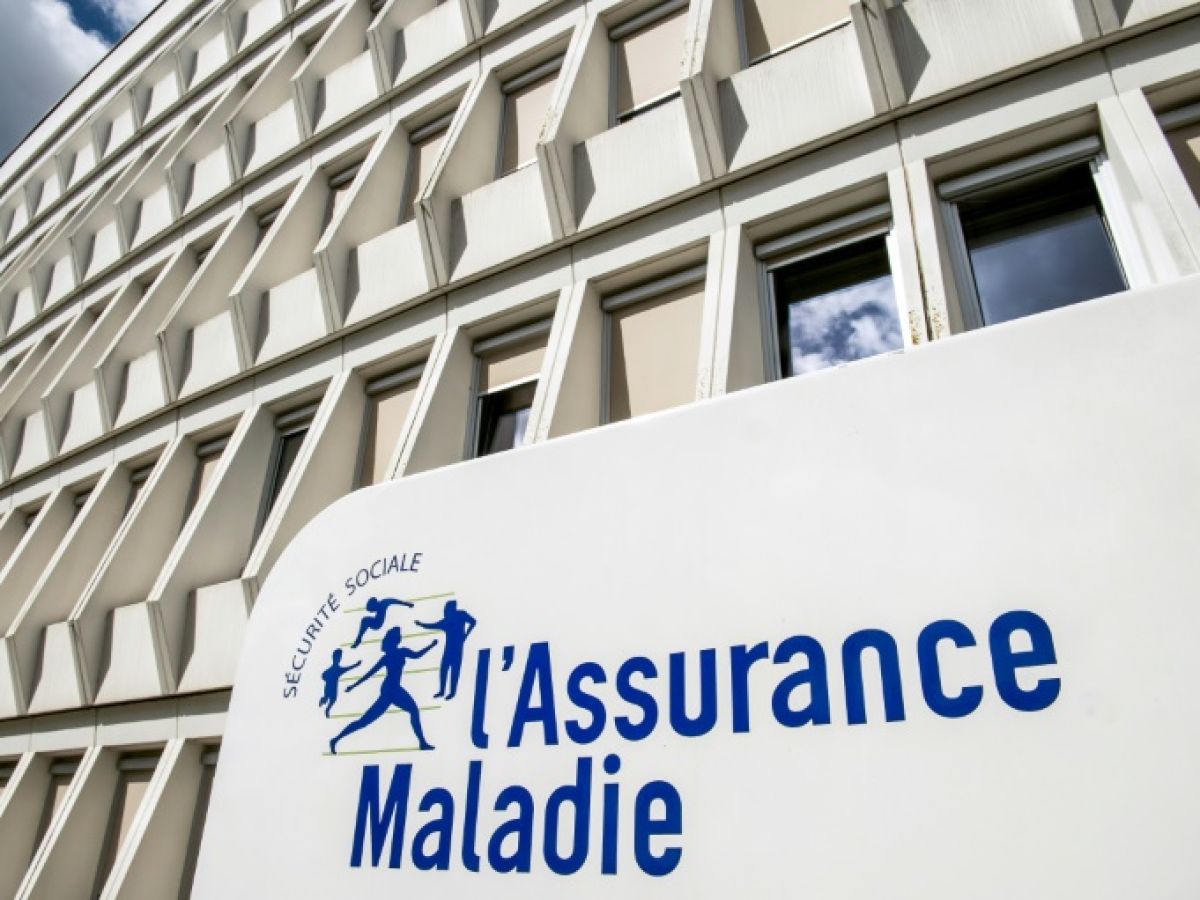How can we avoid a €41 billion health insurance deficit by 2030? A bonus-penalty scheme for preventing absenteeism or the end of coverage at 100% in the event of cancer remission are among the options unveiled Tuesday.
The French National Health Insurance Fund (CNAM) presented 60 proposals to the press in its "expenses and income" report, submitted annually to the government and Parliament ahead of the discussion of the Social Security Financing Bill (PLFSS). The final version will be published after the vote by the National Health Insurance Fund (CNAM) Council on July 3.
"Without any major change, the health insurance deficit, estimated at 16 billion euros for 2025, could widen even further by 2030 to reach 41 billion euros," the document first states.
The causes are known: "the double effect of the aging population and the increase in chronic illnesses," with health expenses covered by health insurance averaging 7,700 euros per year between the ages of 80 and 89.
"We are at a tipping point," warns Thomas Fatôme, director general of the CNAM, who, paradoxically, presented a "report that is intended to be and is optimistic."
– “Prevention” –
"Prevention" is one of the levers to be activated: changes in lifestyle habits - in terms of tobacco or alcohol consumption - can thus influence 40% of cancers.
More generally, personalized prevention would be activated on the “My Health Space” platform, by mobilizing all personal data listed by Health Insurance with the agreement of the insured.
This report also proposes to "prohibit excess fees" for procedures "related to organized screening (mammography, ultrasound and colonoscopy, etc.)."
It is also suggested that nursing homes be "medicalized," even though 32% of residents have to go to the emergency room and only half of them are then hospitalized.
Some of the measures put forward are likely to cause debate, such as considering an exit from the ALD (Long-term illness, coverage at 100% of expenses related to this care and treatment) system for "people in a situation of recovery or remission from certain pathologies", such as "cancers in remission".
"There is no disengagement whatsoever from health insurance," Thomas Fatôme defended himself. "In the event of a relapse, for example, the system will be triggered again."
– “Dismantling” –
This idea, which is not new, has caused a stir among France Assos Santé, the voice of users of the health system, which denounces a "dismantling of the quality of care in favor of unfair and counterproductive savings."
The report also recommends "no longer allowing the reimbursement at 100% of health services or products whose effectiveness does not justify such a level of reimbursement - or which are not linked to an ALD, for example spa treatments."
Finally, Thomas Fatôme recalled that "the dynamic of work stoppages is not sustainable" for Health Insurance.
"At some point, is it up to the health insurance to take charge of the sick leave of a person who is in conflict with their employer when it is not related to a medical reason?" asked Marguerite Cazeneuve, deputy director of management and organization of care at the Cnam.
Companies that "have invested in preventing absenteeism, particularly in the short term—well-being at work, job adaptation, etc.—will be given a bonus, and we are also considering a penalty system," Thomas Fatôme explained.
The report would finally like to "include in the work stoppage notice the list of reasons for stoppage and the associated durations."


